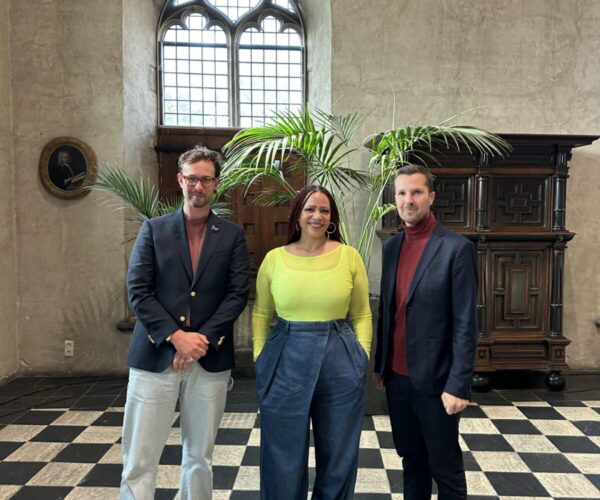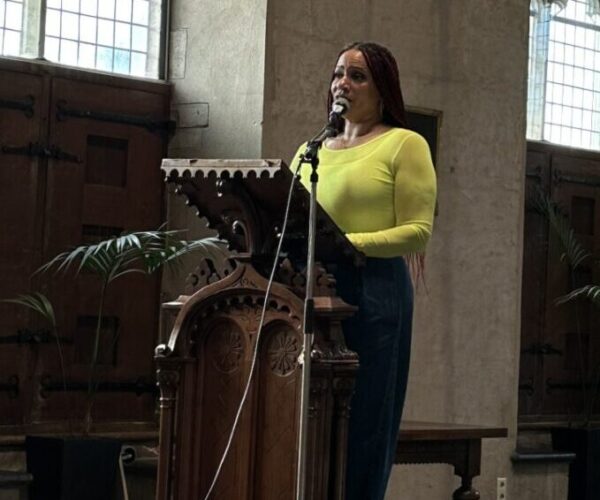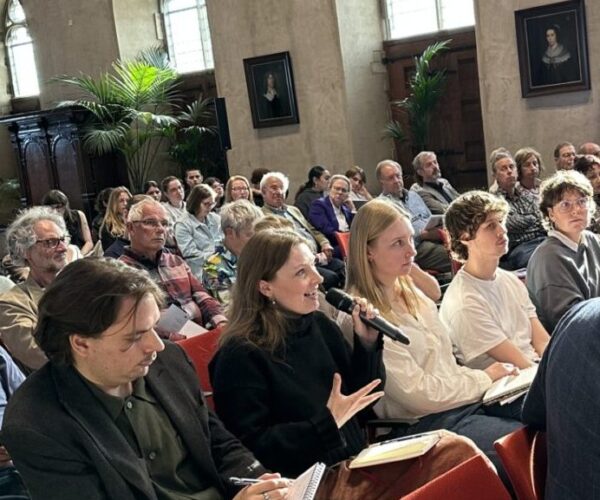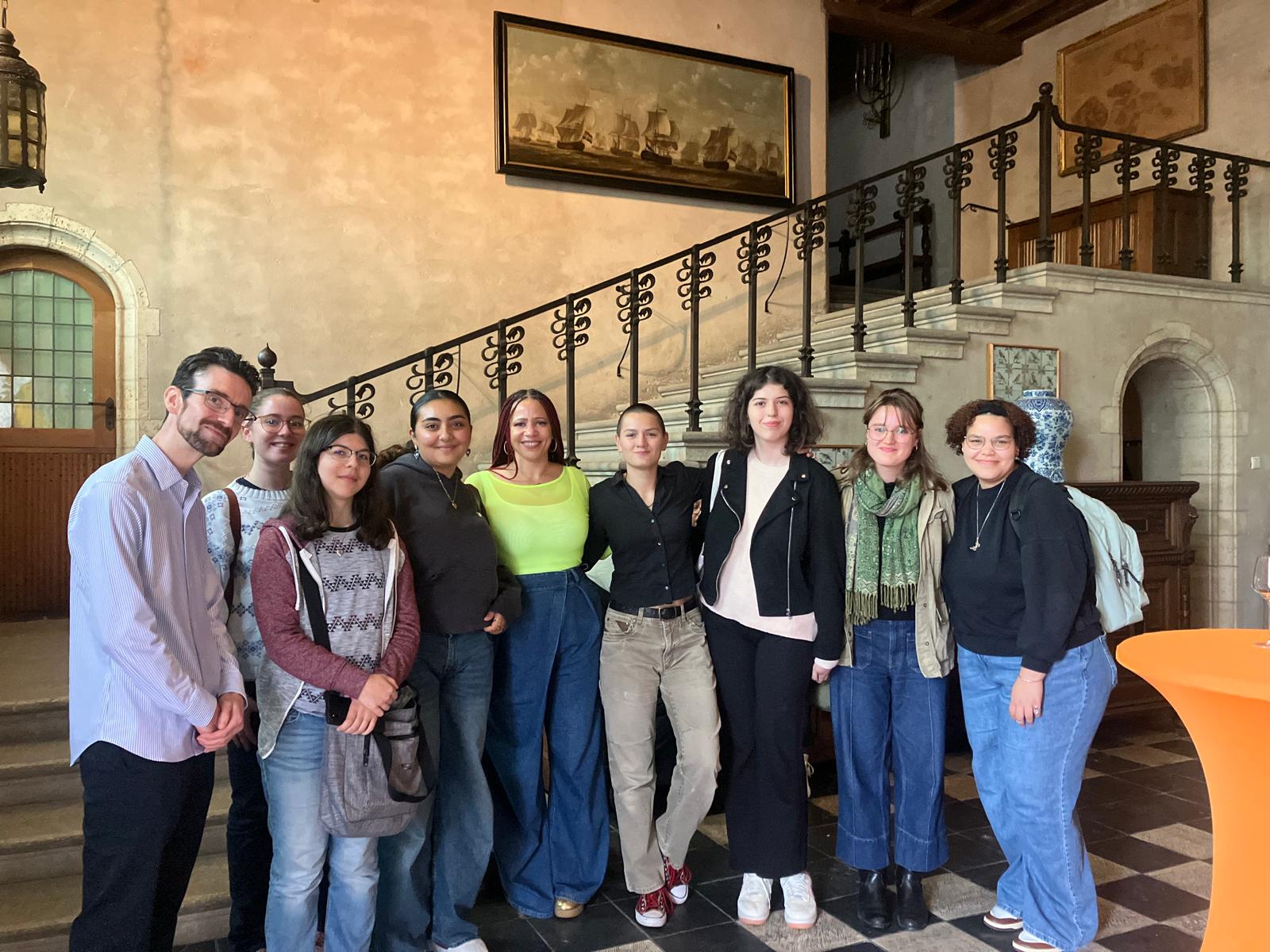
On Monday 29 September 2025, the RIAS had the honor of hosting Pulitzer Prize-winning journalist and creator of The 1619 Project, Nikole Hannah-Jones, for the 2025 Roosevelt Lecture.
Nikole Hannah-Jones returned to Middelburg after her first visit and discussion on the 1619 Project in 2022. Middelburg Town Hall was packed with a curious and eager audience. This time, she not only talked about the legacies of slavery but also explained how understanding history can help us make sense of today’s events.

Damian Pargas, Director of the RIAS and Professor at Leiden University, opened the conversation with a brief introduction. He addressed common misconceptions about history, arguing against the notion that there are distinct left- and right-wing versions of the past. Instead, he advocated for an evidence-based, analytical approach to uncovering historical truths. Nikole Hannah-Jones followed up on this idea and highlighted the hazards of propaganda and misinformation in the context of history. She argued that such dangerous times we live in call for speaking the truth. She highlighted how democracies, even American democracy, are fragile and how, despite fear, people should fight for their rights. She evoked how, during the Jim Crow era (1870s-1960s), Black Americans had to face their fears and fight for almost 100 years to achieve equality. She made the case that overcoming the constraints and legacies of a nation’s past is only possible via honesty, evoking European reckoning after the Holocaust and similar actions in the Netherlands in relation to colonialism.

In a conversation with Damian Pargas after the lecture, Nikole Hannah-Jones discussed emigration from the U.S., academic freedom, and how to teach history in these turbulent times. The audience also had the chance to ask our speaker questions about the current state of American politics and life, as well as how to change its grimmer aspects. In her answers, she emphasized the importance of learning from history and challenging attempts to deny the past. Nikole Hannah-Jones insisted on the importance of individuals in positions of power—such as those in large universities, political parties, and the public sphere—actively countering autocratic tendencies. However, she expressed her concerns, noting a prevailing sense of fatigue in American public life rather than the courage and willingness to fight, which she illustrated through historical examples.
We would like to thank Nikole Hannah-Jones for returning to the RIAS and Middelburg and for her inspiring lecture, which was organized in collaboration with the John Adams Institute in Amsterdam.




